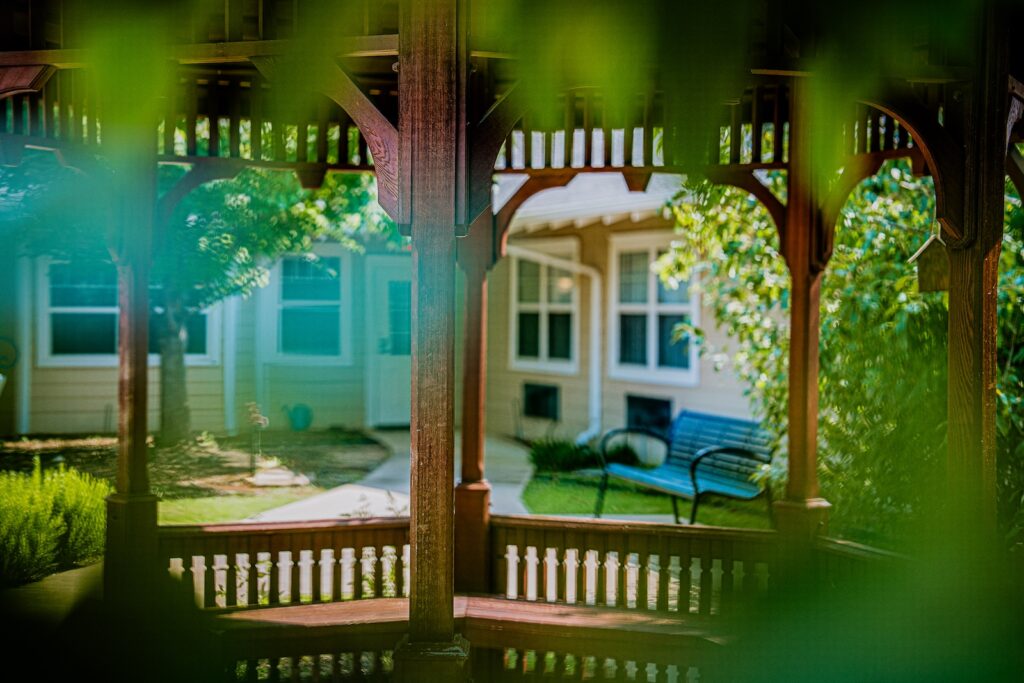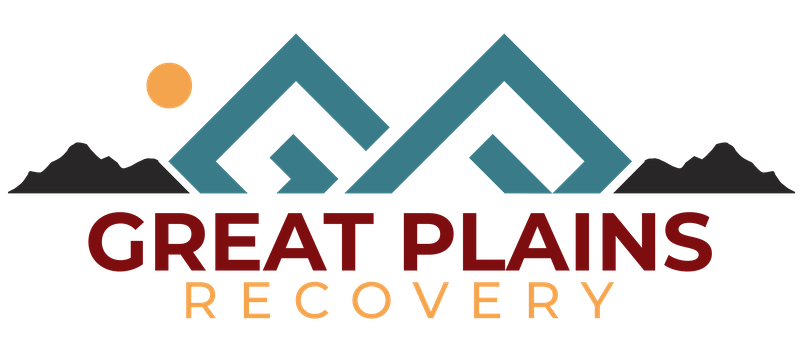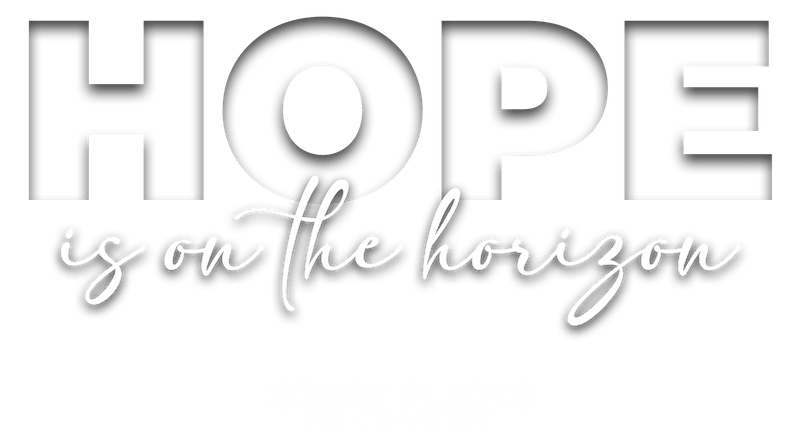
One of the most common questions people ask when considering addiction treatment is: “How long will this take?” It’s a natural concern that affects decisions about work, family responsibilities, finances, and personal planning. At Great Plains Recovery Center in Tulsa, we understand that understanding treatment duration is crucial for making informed decisions about your recovery journey.
The Reality of Individual Treatment Needs
The honest answer to questions about treatment duration is that it varies significantly from person to person. Addiction treatment isn’t a one-size-fits-all process, and the length of time needed for effective recovery depends on numerous individual factors. While this uncertainty can feel frustrating when you’re trying to plan, it’s actually a strength of modern addiction treatment that plans are personalized to meet each person’s specific needs.
Some individuals may benefit from shorter-term intensive treatment followed by ongoing outpatient support, while others require longer residential programs or multiple episodes of care. The goal isn’t to fit everyone into the same timeframe but rather to provide each person with the duration and intensity of treatment that gives them the best chance for lasting recovery.
Understanding that treatment duration is individualized can help set realistic expectations and reduce anxiety about committing to a specific timeframe before you fully understand your needs and circumstances.
Factors That Influence Treatment Length
Several key factors influence how long addiction treatment may take for any individual. The type and severity of addiction play significant roles, as different substances create different patterns of dependence and require varying approaches to treatment. Someone with alcohol dependence may have different treatment needs than someone addicted to opioids or stimulants.
The length of time someone has been using substances also affects treatment duration. Generally, longer histories of substance use require more time to address both the physical and psychological aspects of addiction. However, this isn’t a hard rule, as some people with shorter addiction histories may have complex underlying issues that require extended treatment.
Co-occurring mental health conditions significantly impact treatment length. Individuals dealing with depression, anxiety, trauma, or other mental health issues alongside addiction typically require longer treatment to address both conditions effectively. Trying to rush this process often leads to incomplete recovery and higher relapse rates.
Previous treatment experiences also influence duration. Someone entering treatment for the first time may need a different timeframe than someone who has previously attempted recovery. Multiple treatment episodes don’t indicate failure but rather the chronic nature of addiction and the need for ongoing support.
Social support systems and living situations affect how long treatment needs to be. Individuals returning to supportive, recovery-friendly environments may transition more quickly to lower levels of care, while those facing challenging social or environmental situations may benefit from longer residential treatment.
Physical health status can also impact treatment duration. Medical complications related to substance use may require additional time for stabilization and healing before focusing intensively on psychological and behavioral aspects of recovery.

Courtyard at Great Plains Recovery
Understanding Different Levels of Care
Addiction treatment occurs across different levels of care, each with typical duration ranges. Understanding these levels helps clarify why treatment timelines vary and how different intensities of care serve different purposes in the recovery process.
Detoxification typically lasts from three to seven days, depending on the substances involved and individual medical needs. This initial phase focuses on safely managing withdrawal symptoms and stabilizing physical health. While detox is often the first step in treatment, it’s important to understand that it addresses only the physical dependence aspect of addiction.
Residential or inpatient treatment programs typically range from 28 to 90 days, with some specialized programs extending longer. These programs provide intensive, structured treatment in a supportive environment away from triggers and distractions. The 28-day model became common due to insurance practices, but many individuals benefit from longer residential stays.
Partial hospitalization programs usually last from two to eight weeks and provide intensive treatment during the day while allowing individuals to return home in the evenings. This level of care serves as either a step-down from residential treatment or an intensive alternative for people who don’t require 24-hour supervision.
Intensive outpatient programs typically run for eight to twelve weeks, with sessions occurring multiple days per week. These programs allow individuals to maintain work, school, or family responsibilities while receiving comprehensive treatment.
Standard outpatient treatment can continue for months or even years, with session frequency decreasing over time as individuals build stronger recovery skills and support systems. This ongoing support is often crucial for maintaining long-term recovery.
The Importance of Continuing Care
While formal treatment programs have specific durations, successful recovery typically involves ongoing support and monitoring that extends well beyond initial treatment completion. This continuing care approach recognizes that recovery is a long-term process that benefits from sustained attention and support.
Continuing care might include regular therapy sessions, support group participation, periodic check-ins with treatment providers, or participation in alumni programs. The frequency and intensity of these supports typically decrease over time as individuals build confidence and stability in their recovery.
Some people continue with weekly therapy for months after completing intensive treatment, while others may check in monthly or quarterly. The key is maintaining enough support to prevent relapse while gradually building independence and self-reliance.
Quality Over Speed
When considering treatment duration, it’s important to focus on quality and thoroughness rather than speed. Rushing through treatment to meet arbitrary timelines often leads to incomplete recovery and higher likelihood of relapse. Taking the time needed to build strong recovery skills and address underlying issues is an investment in long-term success.
Effective treatment helps individuals understand the root causes of their addiction, develop healthy coping mechanisms, repair damaged relationships, and build lifestyle patterns that support ongoing recovery. These changes take time to develop and solidify.
Many people find that longer treatment periods, while initially seeming daunting, actually provide greater confidence and stability when transitioning back to independent living. The skills and insights gained during extended treatment often prevent the need for multiple treatment episodes later.

At Great Plains Recovery Center, we believe in the power of residential treatment to provide the support, structure, and care needed for lasting recovery
Planning and Flexibility
When entering treatment, it’s helpful to plan for the time you might need while remaining flexible about adjustments based on your progress and evolving needs. Many people benefit from initially committing to a minimum timeframe while staying open to extending treatment if recommended by clinical staff.
Communication with treatment providers about your concerns, goals, and external pressures helps create realistic timelines that balance clinical needs with practical considerations. Good treatment programs work with individuals to develop plans that support both recovery goals and life responsibilities.
Individual Assessment
The best way to understand how long treatment might take for your specific situation is through professional assessment. Addiction specialists can evaluate your unique circumstances, needs, and goals to recommend appropriate levels and duration of care.
This assessment considers your substance use history, mental health status, social support systems, previous treatment experiences, and personal goals to develop a treatment plan that maximizes your chances of success.
At Great Plains Recovery Center, we’re committed to providing personalized treatment that meets each individual’s specific needs and circumstances. We understand that effective treatment takes time, and we work with each person to develop realistic timelines that support lasting recovery.
If you’re considering treatment and have questions about duration or what to expect, call Great Plains Recovery Center at 844-918-3518. Our team can provide information about our programs and help you understand what treatment timeline might be appropriate for your unique situation.




